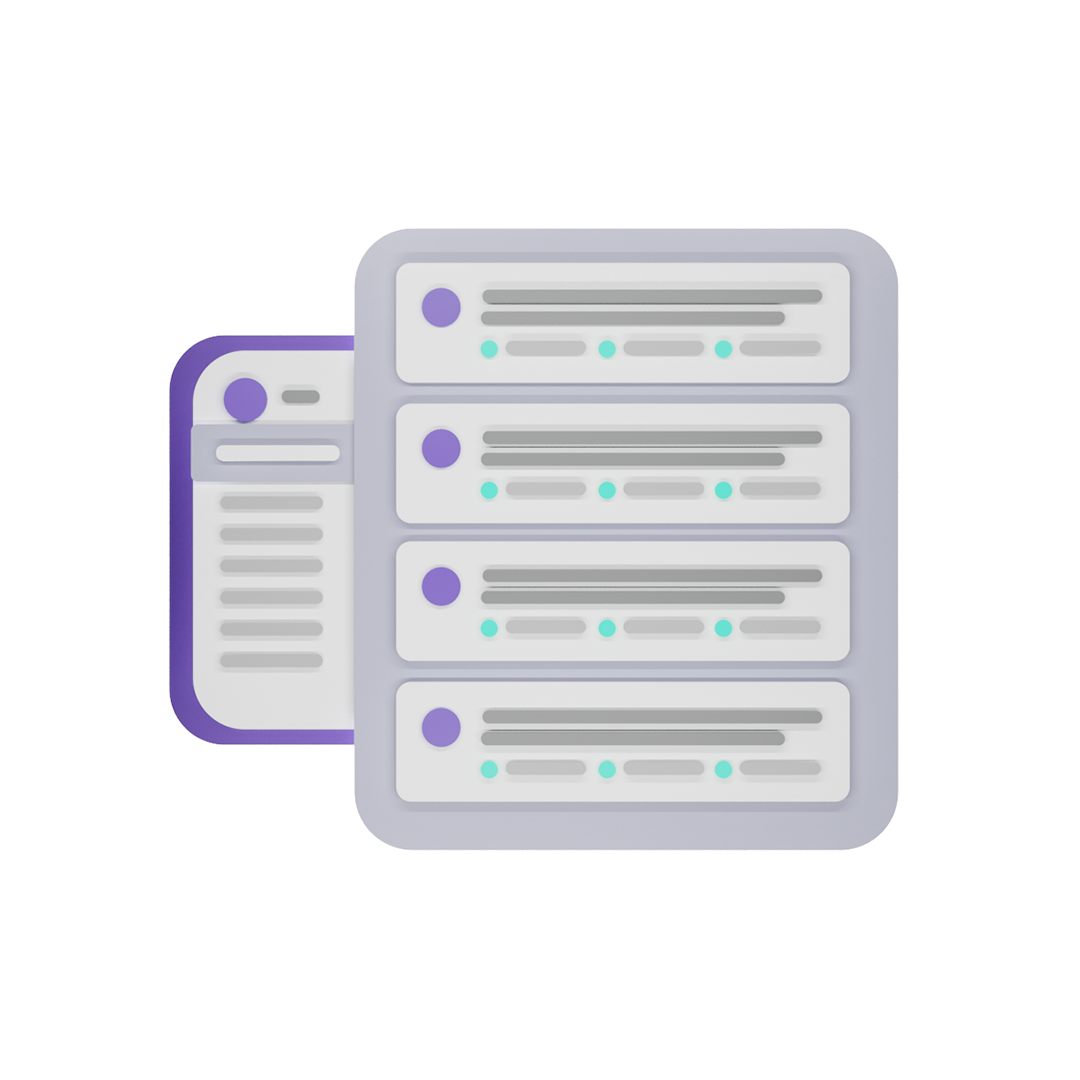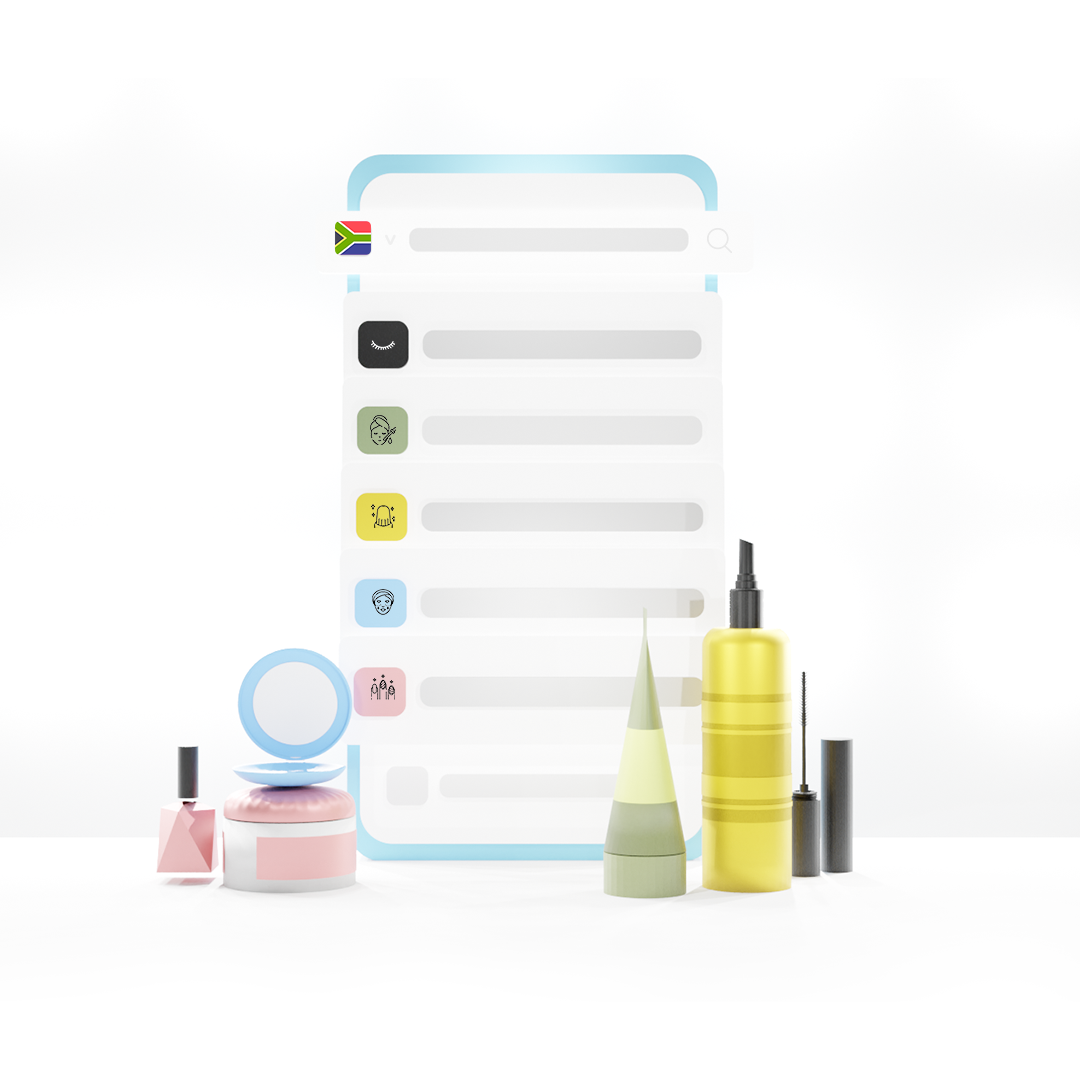You don’t want just anyone to respond when sending out a survey. Depending on the topic, you may want to solicit feedback from a small group of people. So, how do you pre-qualify respondents for surveys? Typically, researchers will include survey screening questions (or screeners) in their survey. Screeners will either qualify or disqualify respondents based on their responses.
Survey screening questions are a type of questions that can be used to specifically target an audience based on their behaviors, interests, or opinions. Businesses frequently struggle to find the right people to target. It, therefore, becomes difficult to comprehend how to survey everyone to obtain a diverse range of responses.
It’s not a good idea to invite anyone and everyone to take part in a survey. Doing this jeopardizes the integrity of the data that you would get from the exercise. On specific topics, it is common to seek the opinions of a small group of people. The next question is how to ensure that only qualified people take part in the survey. That is when screening questions rise to the occasion.
Survey screening questions – meaning
Survey screening questions qualify survey participants. They are designed to narrow down a large pool of respondents so that you only get feedback from your target audience. They can also assist you in discovering a previously unknown audience. These questions are also called screeners.

They are asked as part of the general demographic screening process. Respondents only see your screening question after deciding whether to continue with the survey, for example, by answering it with a “Yes” or “I plan to.” Also, they see other questions in the survey when they satisfy your identified requirement(s) from the answers they provide to the screeners. Unqualified respondents don’t go beyond the screeners.
Types of survey screening questions
Survey screening questions are classified into four types. They are demographics, behavioral, industry-specific, and product-specific screeners. Each type serves a distinct purpose and produces different results. Let’s get started with them:
Demographics
Demographic questions are the most popular screeners. Age, gender, race or ethnicity, sexual orientation, and marital status are all possible demographic screener questions. They may also inquire about the respondents’ number of children (if any), where they live, their occupation, their education, and their annual income.
Some demographic questions include:
- Please state your highest level of education or certification.
- How much do you earn per year?
- How would you describe your current marital status?
- What is your current job status?
Please keep in mind that when asking about something particularly private or delicate, you should always include “Prefer not to say.”
Behavioral
Behavioral screeners, also known as “lifestyle inquiries,” are used to learn about a person’s typical daily routine. Screening questions about a person’s behavior, attitudes, and decision-making processes are used to gain insight into their actual behavior.
The questions used as a behavioral screener can vary depending on the goals of the survey. However, here are some examples:
- How many hours do you spend each week watching television?
- How frequently do you vote in elections?
- How frequently do you use your music app?
- How often do you shop at shopping malls?
Industry-specific
These screeners are used to eliminate respondents who may be biased due to their work or lack knowledge of the subject matter.
Assuming you’re trying to gather honest feedback on a new FinTech product, you may want to exclude respondents whose line of work would affect their honesty/knowledge of the product/industry. Neglecting this may have you busy accumulating insights that are not useful to you and your business problem.
Product-specific
These screeners are also called service-specific screeners.
This is the best format to use when addressing the people who will be purchasing your goods or services for obvious reasons. By asking these types of questions, responses from those who aren’t a good fit for the product or service can be quickly filtered out.

Assume you own a luxury hotel and are starting a small dog grooming service. You can poll participants and exclude anyone who does not meet your criteria. For this example, you could ask, “What kind of pet do you have?” The answers to this question will lead you to your target audience, and they will be able to continue with the survey exercise.
Advantages of screeners
The following are the top five benefits of using survey screening questions;
(i). Enhanced Cost-Savings
In general, the more people you poll, the more money you will spend. This is true regardless of the method of surveying used. Screening questions assist in weeding out respondents who do not fit your target audience. You also don’t have to pay if they are disqualified during the screening process.
(ii). Better Data Analysis
Researchers will have to weed out unqualified respondents if there is no screening. They will have to do this after the survey is completed, which can be time-consuming. It not only wastes the respondents’ time, but it also wastes the researcher’s time! Insights may also be at risk of becoming stale before implementation as a result of time wasted.
Screeners contribute to your data quality by making the data cleaning process seamless.
(iii). Removal of Respondent Bias
Respondents who aren’t qualified to answer your specific set of questions due to their background, behavior, or industry may answer the way they like. Alternatively, they may simply select random answers, skewing the results. Weeding out these respondents helps to maintain the quality of your survey responses.
(iv). Better Respondent Experience
Respondents who are forced to complete a survey that is irrelevant to them are bound to be frustrated. This could lead to them dropping out of the survey or answering questions haphazardly. They’ll also be less likely to participate in future surveys if they believe their time will be wasted again.
(v). More Trustworthy Databases
Once a company has identified survey candidates who are a good fit for its target audience, it can continue to seek them out. People’s personal and professional situations, however, can change over time. As a result, asking screening questions can help you eliminate those who used to meet your requirements but no longer do. This also helps your database and helps curb the scarcity of reliable data in Africa.
Tips for effective screeners
A couple of quick pointers when considering survey screening questions are;
- Begin your survey with screening questions to quickly weed out unqualified candidates.
- Include enough screeners to improve response quality. Only asking one or two questions may not be enough to narrow down your survey sample.
- Ask specific online pre-screening questions. This is to prevent non-qualifying respondents from being included in the mix.
- Avoid being too specific with your questions, as this may irritate people. For example, a respondent may be aware that they visited the doctor within the last six months, but may not be able to specify which month.
Another recommendation is to think about using survey logic to learn more about non-qualifying respondents. While Survey logic will not immediately redirect them to a disqualifying page, it will send them to an alternate page to answer a few more questions. This can help you learn more about a person who may be eligible for another survey in the future.
Conclusion
Are you asking survey screening questions appropriately? Prequalifying survey respondents helps to improve the respondent experience, your data analysis, and database. As a result, you save money while eliminating survey bias. It’s also important to remember that the shorter the survey, the more quality responses you’re likely to get.

Getting professional assistance with your survey makes a difficult task easier for you. This is why you must collaborate with the best in the industry to increase your chances of obtaining reliable insights.
Survey54 is here for all of your market research needs in Africa and other emerging regions! We have been feeding stakeholders in Africa with actionable insights for years. We are experienced and equipped in both online and offline surveys. Our insights transcend the language barrier and are customized to answer your business questions. Contact our team for your next survey exercise in Africa.










